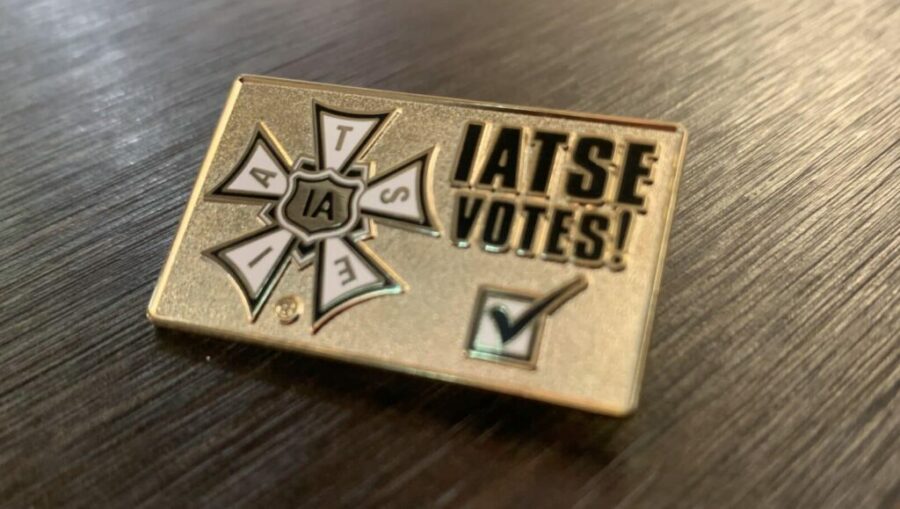The membership of the International Alliance of Theatrical Stage Employees (IATSE), on Monday, ratified the tentative Hollywood agreements and entered a three-year deal with the Alliance of Motion Picture and Television Producers (AMPTP).
The ratification vote, that was held from November 12 to November 15, saw a voter turnout of 72%. While 50.3% voted in favour of ratification, 49.7% voted against.
“From start to finish, from preparation to ratification, this has been a democratic process to win the very best contracts,” said President Matthew Loeb. “The vigorous debate, high turnout, and close election, indicates we have an unprecedented movement-building opportunity to educate members on our collective bargaining process and drive more participation in our union long-term.”
The trade union that represents over 1,50,000 workers and technicians in the entertainment industry across US and Canada, ratified both the Hollywood Basic as well as the Area Standards Agreements.
The IATSE and the AMPTP reached a tentative deal for workers under the Area Standards Agreement, as well as the Basic Agreement last month.
The deal, covering 36 local unions and over 60,000 members, brought negotiations between the technicians’ union and the producers’ representatives to a close and averted a nationwide strike.
The new terms include an annual increase of wages by 3%, while the minimum hourly wage will be increased to $26. The deal also provides 54 hours of weekend rest and daily rest periods of 10 hours, among other provisions.
While the trade union states that the new contract guarantees adequate rest to workers, and dramatically lifts those at the bottom of the pay scale, from poverty to a living wage, several members were unhappy with the agreements. They pointed out that the concerns in question have hardly been addressed in the new deal.
The ratification stage garnered similar reaction on social media, with members questioning the need to provide an aggregate for the vote rather than giving the real numbers for the independent agreements.
A Twitter user wrote, “Why aggregate the ASA and BA when the language the entire time was beaten into us was how different the ASA and BA are? Makes no sense to put it this way other than wanting to lead people on.”
Recommended
Another user wrote, “It’s very disingenuous to aggregate the data like this so it looks like both agreements won the popular vote rather than one being passed through a non-representative delegate process.”
IATSE used an electoral college style system through which local unions were assigned delegates based on the size of their memberships. Members voted within their local union and once a union reached a majority vote, to either ratify or reject, all delegate votes were assigned to the majority result.
While the organisation has not provided a breakdown of the electoral system, according to a Variety report, each local union is awarded roughly one delegate for every 100 members.



